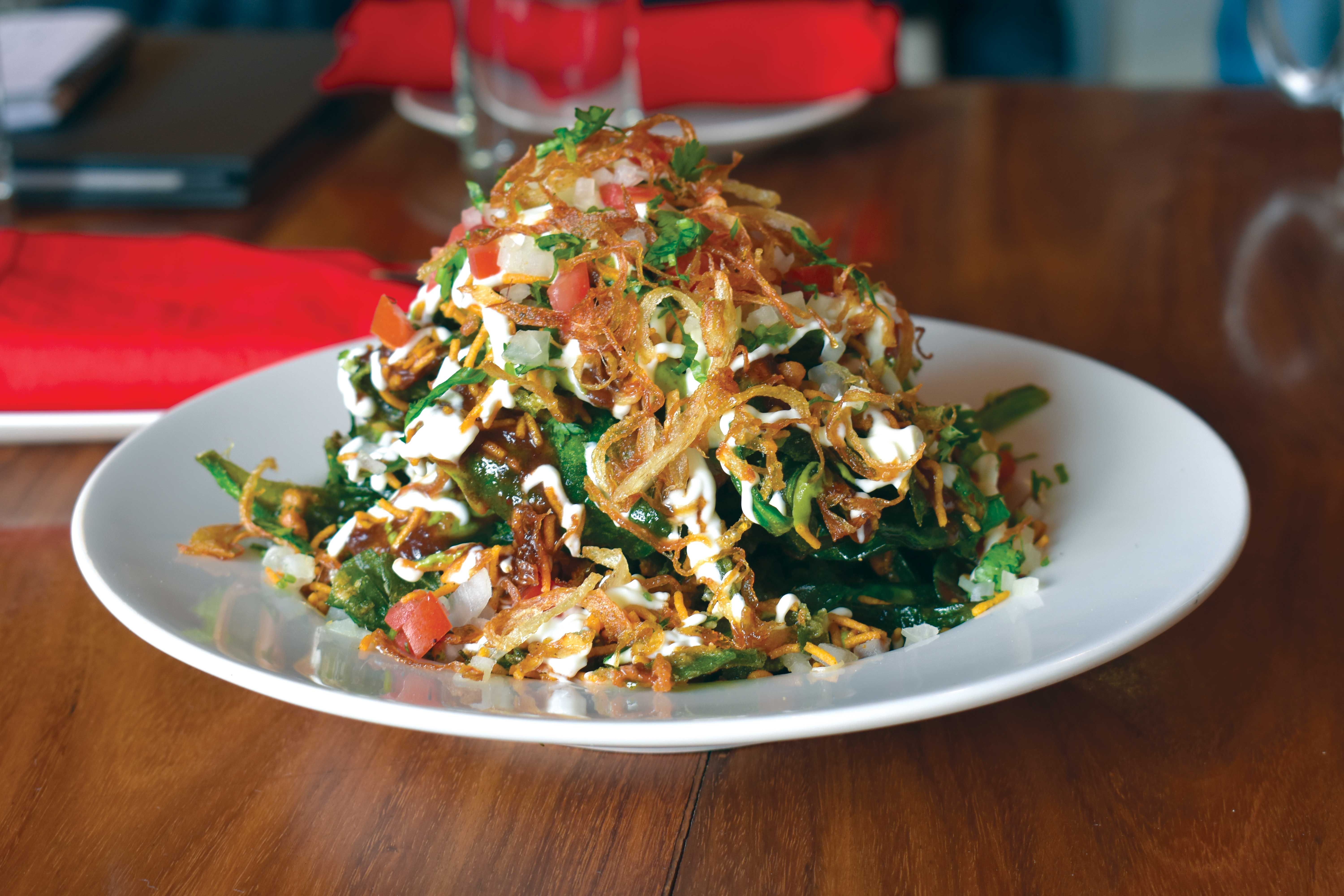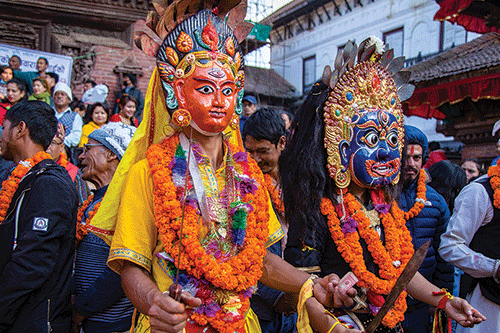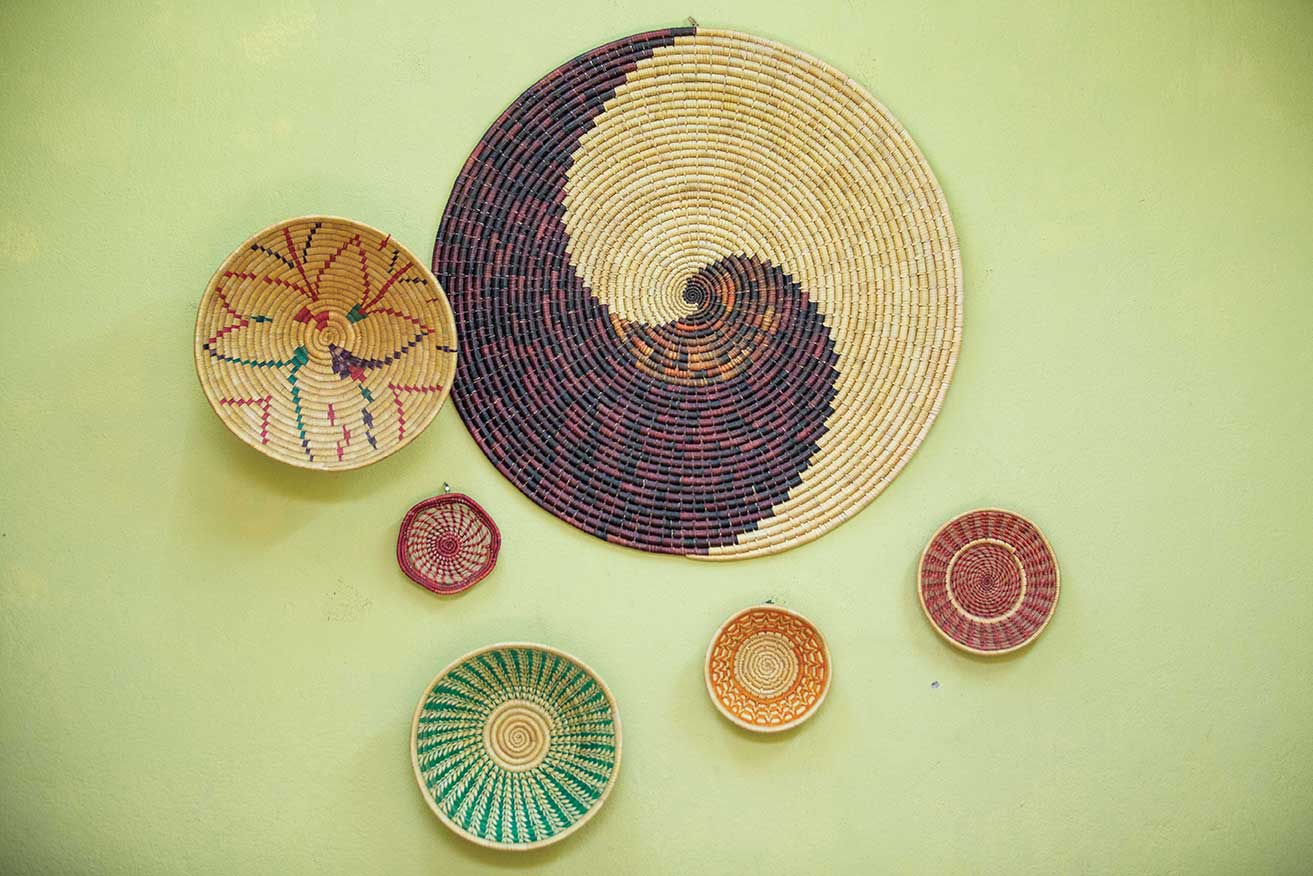The holy thread changed during Janai Purnima by Hindu men signifies a promise made. Keeping that promise is as necessary today as it was before.
All we crave for during this time of the year is a holiday; the scorching heat is a great excuse for idleness. Janai Purnima, for many, is that good excuse. Ask your friends what the festival is all about and they will probably just scan their heads to remember Kwaati and some thread. Is that all there is to it?
“My friends use to pick on me, they use to pull my tuppi (the tuft of hair Brahmins grow on the back of their head) when I had my Bratabanda,” says Fanindra Kumar Neupane. The Bratabanda ritual is a ceremony to take vows for life, to begin the journey to maturity. “The janai that we rest around the left shoulder to our right abdomen represents the vows we have undertaken,” he says. The janai is a very sacred thread that is changed every year on Janai Purnima, reminding the person of his promise to adapt to a life of morality.
 I used to hide the mantra from my sisters for the fear of wrath that would befall me if I disclosed it,” remembers Neupane. The sacred Gayatri mantra that has survived remixes and which is now blared through speakers, was a sworn secret that the janai wearer had to guard back then. But why? The religion we practice and believe in has always found a way of treating the female sex in an inferior way. And so, for some women Bratabanda and the janai ceremony every year could mean facing the same resentment. But many don’t know that the ceremony is also enacted by women.
I used to hide the mantra from my sisters for the fear of wrath that would befall me if I disclosed it,” remembers Neupane. The sacred Gayatri mantra that has survived remixes and which is now blared through speakers, was a sworn secret that the janai wearer had to guard back then. But why? The religion we practice and believe in has always found a way of treating the female sex in an inferior way. And so, for some women Bratabanda and the janai ceremony every year could mean facing the same resentment. But many don’t know that the ceremony is also enacted by women.
Daya Nanda Saraswati, a religious preacher, felt that there should be no difference between men and women for practicing spirituality. The Gayatri mantra: “Om bhurbhuwashwaha tatsabiturvarenyum; bhargodevashyadhimahi dhiyoyonaha prachodaya” chanted for gaining energy to pursue intellect in the right direction was not shared with women as it was felt then that women lacked the mindset to have the focus that was required. Finding this inacceptable, Daya Nanda who opened the doors for women to celebrate this tradition 200 years ago. A big salute for him, for what he envisioned was rare and revolutionary for that time. Simplifying this story for me, Neupane heaved a deep sigh for he must have noticed my glare when he started about women being quoted as ‘a secondary being’.
“I have also had incidences of losing the janai I had sworn to. Many times I have cried my way home, heavy with guilt for misplacing it,” he says, remember in an instance where he left behind his janai at a pool where he had gone to swim with friends. He describes the thrashing he got from his father – and an instance of teen revolt. “A teenager would always think himself right anyway. When my father and mother scolded me for over a thread, I couldn’t get hold of myself.” He threw away the thread in fury he recalls. “But now I understand; thread or no thread, it’s the science behind it that we should hold on to in this technical era. “Choosing to follow ways to be right in life is not at all insensible. Let’s just say janai is that reminder for retaining humanity.”









